Today, the PD Avengers, a Global Alliance to End Parkinson’s Disease released groundbreaking data from their Global “Surveying Late Evening Effects of Parkinson’s (SLEEP) Survey.
The survey, conducted from March 15th to May 15th, 2024, in collaboration with AbbVie, sheds light on the significant impact of nighttime symptoms on people with Parkinson’s (PWPs) and their caregivers.
Responses from over 1,248 PWPs and 286 caregivers across 27 countries, revealed the following key findings:
Nighttime Symptoms Among PWPs:
Prevalence: 96% of respondents reported that Parkinson’s affects their sleep quality, with an average of 2.75 sleep disruptions per night.
Symptom Burden: On average, PWPs reported dealing with nearly six different Parkinson’s symptoms (5.6) each night.
Common Symptoms: The five most common reported symptoms during sleep were frequent awakenings (53%), insomnia (50%), bradykinesia (41%), rigidity (38%), and nocturia (38%).Difficulty with Movement: 65% of PWPs reported difficulty turning over in bed at night and this increased to 84% for those who identified as having advanced PD.
Gender Differences: Men reported higher instances of nocturia (43%), drooling (30%), and REM Sleep Behavior Disorder (28%), while women were more affected by insomnia (55%), joint stiffness (27%), and excessive sweating (28%).
Healthcare Practitioners Engagement:
Discussions on Sleep with Healthcare Providers: Nearly 30% of PWPs reported their HCP did not engage in discussions about sleep and only 20% have received a diagnosis for a sleep disorder.
Regional Differences: North American respondents are more likely to receive a sleep disorder diagnosis (24%) compared to their European counterparts (13%).
Impact on Caregivers:
Daily Functioning: A significant majority, 88%, of caregivers experience some level of sleep disruption due to their partner’s Parkinson’s disease, ranging from moderate to severe impacts.
Emotional and Physical Strain for the PWP and Care Partner Relationship:
44% of PWPs report that nighttime symptoms significantly impact their care partner emotionally, while 36% of PWPs report that their
symptoms disrupt their care partners’ sleep and physical well-being.
40% of caregivers experience significant emotional burdens, and 34% report significant sleep disruptions to assist with movement or medication.
Additionally, 32% feel constant concern for their care recipient’s well-being, leading to heightened vigilance and difficulty relaxing.
“The nighttime struggles of PWPs and their caregivers are a silent crisis that demands attention. It is not just about acknowledging these challenges but taking actionable steps to address them. Our commitment to ending Parkinson’s disease must be unwavering and all-encompassing, embracing every hour of the day and night.” – Larry Gifford, President and Cofounder, PD Avengers.
Parkinson’s disease (PD) is the fastest-growing brain disorder in the world and impacts 11.8 million people. While PD is often characterized by motor symptoms such as tremors, muscle rigidity, and difficulty with movement, it also presents over 40 potential symptoms 4 with sleep, pain, gut health, and constipation. Many of these symptoms are hidden from others including anxiety, depression and apathy.
Moving Forward: A Call to Action:
The insights from our data are more than just numbers; they are a clarion call to the Parkinson's community—patients, caregivers, healthcare providers, researchers, and policymakers. We must:
Create programs aimed at reducing the nighttime burden on caregivers, acknowledging their critical role. Supportive measures could include respite care and practical sleep management resources.
Encourage open and ongoing dialogue between PwP, caregivers, and healthcare providers specifically about sleep disturbances. This will ensure comprehensive care plans that address sleep issues effectively.
Develop and implement sleep-related interventions that address the specific severity and characteristics of symptoms in different regions. Customized approaches can better manage the unique challenges faced by PwP in various locations.
Healthcare providers should prioritize discussions about sleep issues during consultations, ensuring that sleep disturbances are diagnosed and treated appropriately. Referrals to sleep specialists should be routine when sleep problems are reported.
Increase awareness and improve diagnostic protocols to distinguish between Parkinson's-related sleep disturbances and symptoms related to other conditions such as menopause. This will facilitate timely and accurate treatment for women with Parkinson's.
CONTACT
Larry Gifford, President and Cofounder PD Avengers | Global Alliance to End Parkinson’s Disease www.pdavengers.com/sleepsurvey
@PDAvengers on Facebook, X, Instagram, LinkedIn, YouTube, and TikTok
PD Avengers
The PD Avengers is a global alliance of more than 8,300 people and 150 partner organizations in 103 countries affected by Parkinson’s Disease (PD), including patients, caregivers, researchers, advocates, and healthcare professionals, who are united in their mission to end Parkinson’s. Through three pillars of wellness, advocacy and research, PD Avengers is adding urgency to the cause to raise awareness, drive research, and advocate for better treatments and care. It uses various initiatives, campaigns and events to amplify the voices of those impacted by Parkinson’s and advocate for positive change in policies and practices related to PD.
AbbVie in Neuroscience
At AbbVie, our commitment to preserving the personhood of people around the world living with neurological and psychiatric disorders is unwavering. With more than three decades of experience in neuroscience, we are providing meaningful treatment options today and advancing innovation for the future. AbbVie’s Neuroscience portfolio consists of approved treatments in neurological conditions, including migraine, movement disorders, Parkinson’s disease, and psychiatric disorders, along with a robust pipeline of transformative therapies. We have made a strong investment in research and are committed to building a deeper understanding of neurological and psychiatric disorders. Every challenge makes us more determined and drives us to discover and deliver advancements for those impacted by these conditions, their care partners, and clinicians. For more information, visit www.abbvie.com.
SLEEP Survey www.pdavengers.com/sleepsurvey
PD Avengers www.pdavengers.com
https://www.thelancet.com/journals/laneur/article/PIIS1474-4422(24)00038-3/fulltext
“Our commitment to ending Parkinson’s disease must be unwavering and all-encompassing, embracing every hour of the day and night.”
Wake-Up Call: New Patient Survey Reveals Parkinson’s Significantly Disrupts Sleep
PD Avengers SLEEP Survey uncovers key areas for improving care for those living with Parkinson’s and their caregivers
(Vancouver, BC, Canada | June 24, 2024)
OPEN SOURCE SURVEY RESULTS
EXTRA RESOURCES
ARTICLE: Decoding Parkinson’s After Dark
ARTICLE: Sleepiness and Fatigue in Parkinson’s - Davis Phinney Foundation
ARTICLE: Parkinson's Disease Sleep Problems (clevelandclinic.org)
ARTICLE: Tips For Conversing with Someone Living with Parkinson’s
ARTICLE: 13 Pieces to the Parkinson’s Puzzle
Article: Did You Know THIS About PD?
Article: What to Say and What to Avoid
Article: 21 Parkinson’s Symptoms and Reactions to Keep You Up At Night







